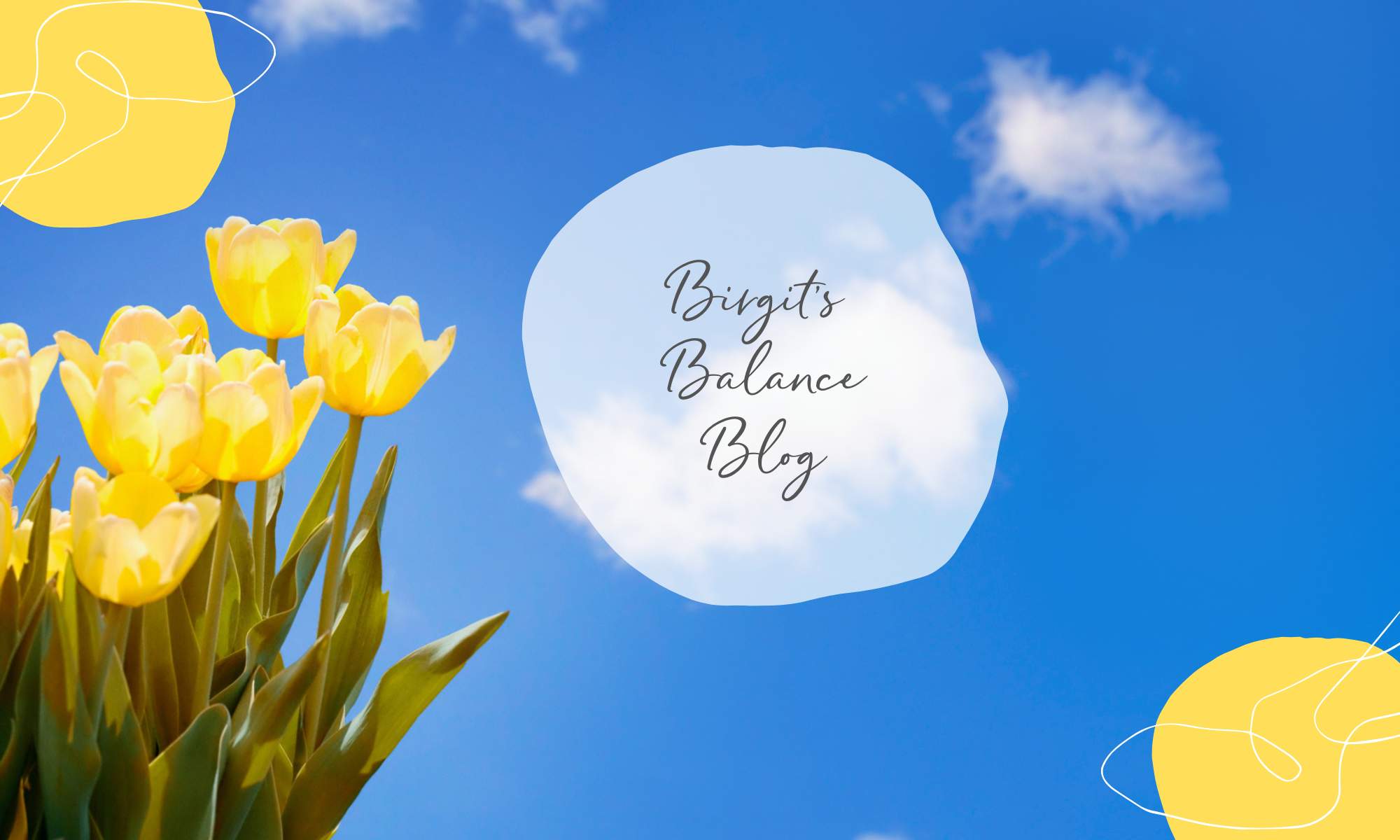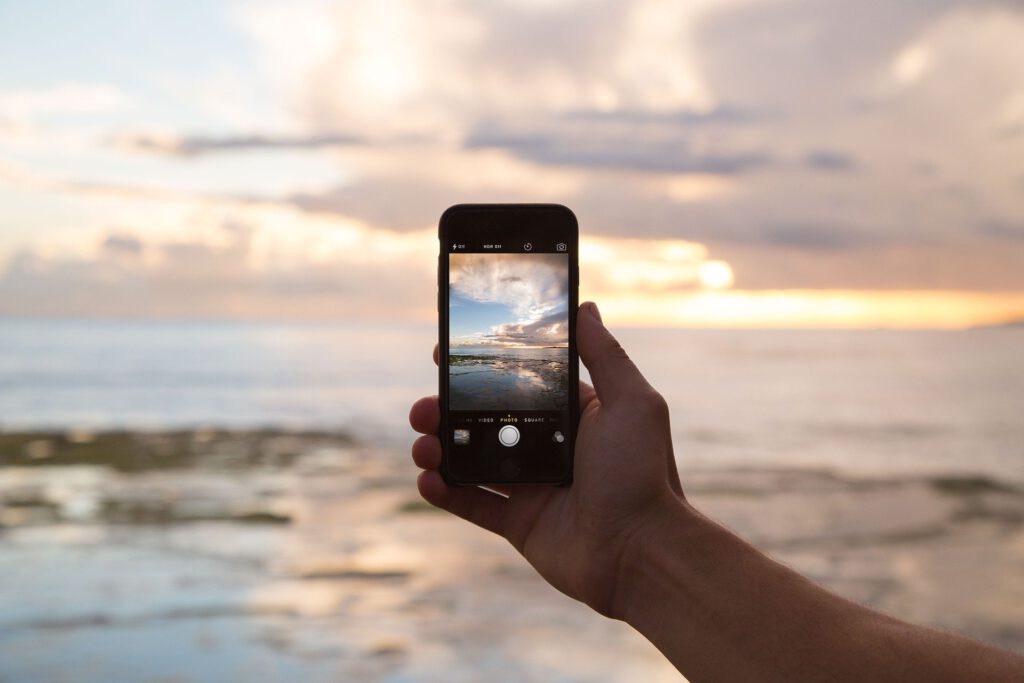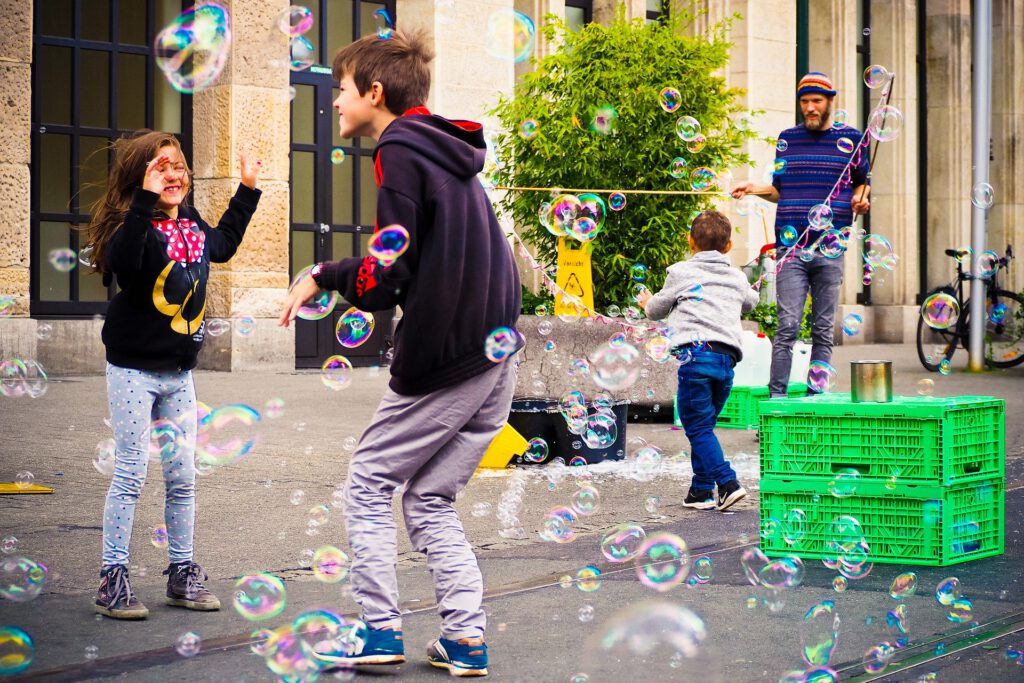
The other day a friend told me that he is in the process of entering his CV into his employer’s system. His employer already had his CV – but not in a form that “fits the system”. So he had to invest more time to transfer the data accordingly.
After our conversation, the following questions came to my mind:
Do we live in a society and time in which we run the risk that chose form over content?
Wouldn’t it be much more important to devote our time and attention to the essential, content-related aspects instead of the formal ones?
More than that: do we dwell on formal things in such a way that we overlook or neglect the really important ones?
Don’t we miss this way a lot of discoveries, openness and learning opportunities?
This affects almost all areas of life. Be it acquisitions, meeting new people or looking for a job.
With a view to my reality, I spontaneously thought of a few examples where I almost missed wonderful opportunities due to my pre-set filters.
The search for my flat, new friendships, buying a car.
My flat, for example. I am totally happy with it and to have been selected by my landlords. But to be honest, I almost didn’t want to see and check it . Only because I still was “in the swing” I thought, “Oh come on, one more or less won’t make the difference.” But honestl, this flat had a lot of aspects that would have made it being killed by my filter:
a bit over budget, landlords live in the house, there is no storage room in the basement, it’s in the center of the village (probably very loud!!), there is a terrace – but facing the north …
Putting my filter aside made me discover the following:
Landlord in the house? Fortunately! I now know two more wonderful people, whom I am happy to call my landlords!
In the middle of the village? The possibility to reach everything within walking distance, be it a bakery, supermarket or yoga studio is just as phenomenal as the peace and quiet – it is the quietest place I have ever lived in. The house is in the second row, my bedroom is located at the back of the house.
A bit over budget? Worth every Euro! Completely renovated with great extras like an amazing kitchen, a huge terrace where you can sit outside even on hot summer days (because facing the north :-)) and a mega cool built-in wardrobe in the entrance area which more than compensates for the lack of basement space (and how cool is it to have everything in the flat and not always have to go to the basement!?)
I am grateful for this discovery and glad that I have managed to put my ideas of form aside.
For the future, I plan to become more aware of my filters in other areas of life as well, and to question them more often or even courageously put them aside and approach things with open curiosity.
Where do you choose – consciously or unconsciously – form over content?
Where do you miss magically new experiences because situations, things or people don’t match your filters at first sight?
Kill the Filter! – there is so much to discover.
Let your curiosity win and plunge into adventure!
This is to a week of discoveries,
Birgit









